Oregon Police Chiefs Endorse Legislation to End Profiling
Monday, April 20, 2015
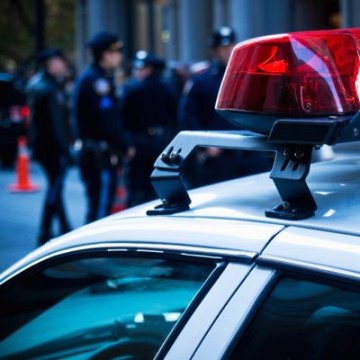
“First of all, I would like to thank the legislative sponsors and proponents of HB 2002 for engaging us in an important conversation regarding bias policing and the provisions of this measure,” said Kevin Campbell, Executive Director of the Oregon Association Chiefs of Police. “We worked collaboratively with the Center for Intercultural Organizing and other proponents to insure that Oregonians from all perspectives and backgrounds have a place to take their bias policing complaints if they don’t feel comfortable complaining directly to their local police agency. Bias policing is not professional policing and the members of the Oregon Association Chiefs of Police are committed to best practice standards in hiring, policies and training designed to insure that our police officers continue to have the full confidence of the communities they serve. Public confidence in the legitimacy of policing and in the work our police officers perform each and every day is absolutely critical to our effectiveness.”
Today, the House Committee on Judiciary took action to combine the three End Profiling bills (HB 2001, HB 2002 and HB 2003) into a single bill and move the legislation forward with bipartisan support. The committee also approved an amendment that would create the Law Enforcement Profiling Work Group, a new group tasked with evaluating how best to implement the new policies across the state. The amendment requires data collection and sets up a system for people to report complaints and for those complaints to be reported back to local jurisdictions.
“Oregon’s law enforcement leaders recognize that to improve public safety and end discriminatory profiling practices, they must work hand-in-hand with the communities they serve,” said Kayse Jama, Executive Director of the Center for Intercultural Organizing. “This endorsement shows that our law enforcement leaders are ready to step up, identify problems of profiling, and take action to make our communities safer.
"The scariest thing to me is that so many people don't believe that racial profiling exists in Oregon," said Ricardo Lujan, Board Member for Oregon Action. "Profiling of all kinds damages the relationship between the law enforcement and our communities. By collecting data and providing accountability, this bill will make our neighborhoods and families safer."
The work group will be tasked with proposing a process to identify patterns or practices of profiling, identifying methods to address and correct these practices and biased policies, and preparing a report identifying any additional statutory changes that are needed to achieve these goals.
Related Slideshow: What Portland Can Learn from Ferguson
Recent developments in Ferguson, Mo., where a white police officer was not indicted for shooting an unarmed black teen, have brought to light issues that provide a case in point for Portland, according to leaders in the city’s African American community.

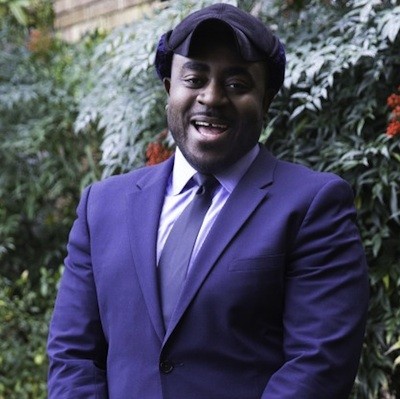
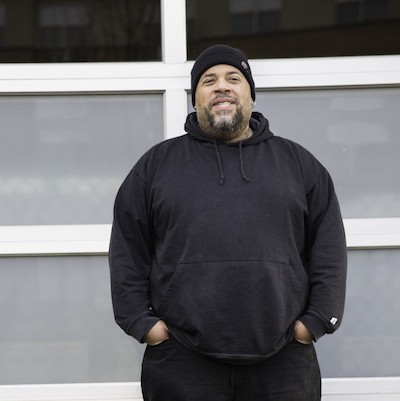
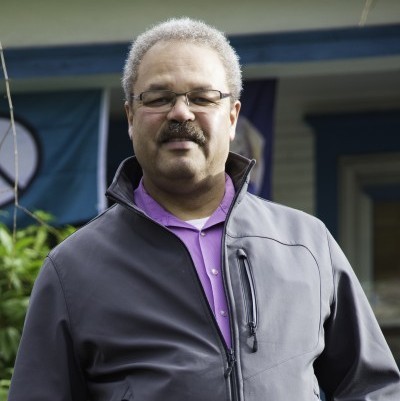
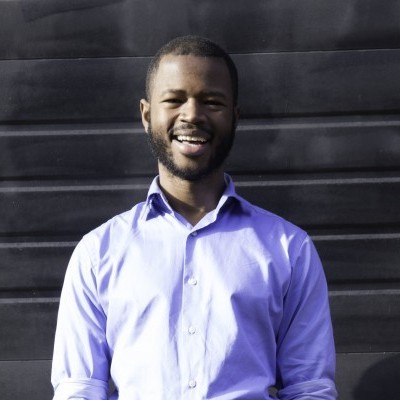
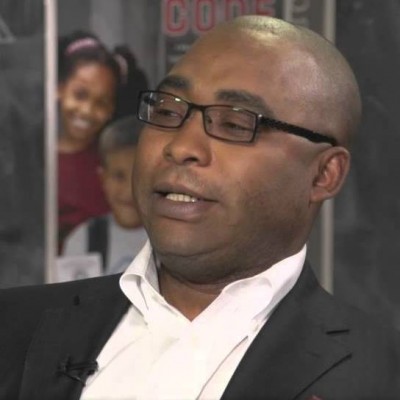








Follow us on Pinterest Google + Facebook Twitter See It Read It